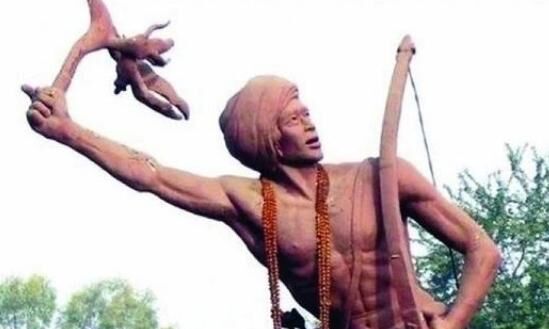
The News in Details:
- Recently, the Union Cabinet has approved 15th November as Janjatiya Gaurav Divas to ensure that the freedom fighters from various tribal communities who fought for India’s Independence get their rightful recognition. Notably, November 15 is the birthday of Bhagwan Birsa Munda.
- The Janjatiya Gaurav Divas will be celebrated every year. It will also ensure that the heritage, culture and values of the 705 tribal communities (Scheduled Tribes) that constitute approximately 10% of our population is protected and is made accessible across the nation.
Background of Tribal Movement in India:
- The tribal groups were an important and integral part of Indian life. Before the annexation of India by the British, tribal groups had their own social and economic systems. These systems were traditional in nature and satisfied the needs of the tribals. Each community was headed by a chief who managed the affairs of the community.
- They also enjoyed independence regarding the management of their affairs. The land and forests were their main source of livelihood. The forests provided them with basic items which they required for survival. The tribal communities remained isolated from the non-tribals.
- The British policies proved harmful to the tribal society. British destroyed their relatively self-sufficient economy and communities. The tribal groups of different regions revolted against the Britishers. Their movements were anti-colonial in nature because they were directed against the colonial administration.
- The tribals used traditional weapons, mainly bows and arrows and often turned violent. The Britishers dealt severely with them. They were declared criminals and anti-social. Their property was confiscated. They were imprisoned and many of them were hanged.
- The tribal movement in India remained confined to some regions only. But it did not lag behind other social groups as regards participation in the anti-colonial movements.
Major tribal revolts that took place against the British rule:
- The Santhal Rebellion (1855-57)
- Munda Rebellion (1899-1900)
- Jaintia and Garo Rebellion Rebellion (1860-1870s)
- The Uprising of the Bhils (1818-1831)
- The Kol Uprising (1831-1832)
- The Mappila Uprisings (1836-1854)
Birsa Munda:
- Birsa Munda was born on 15th November 1875. He belonged to the Munda tribe.
- He spearheaded an Indian tribal religious Millenarian movement during British rule in the late 19th century across the tribal belt of modern-day Jharkhand and Bihar.
- Birsa understood that the British colonial ruler and the missionaries had converted tribals to Christianity. Hence, he started the faith of ‘Birsait’.
- The rebellion (ulgulan) of the Munda tribesmen led by Birsa Munda, occurred during 1899-1900.

Leave a Reply
You must be logged in to post a comment.